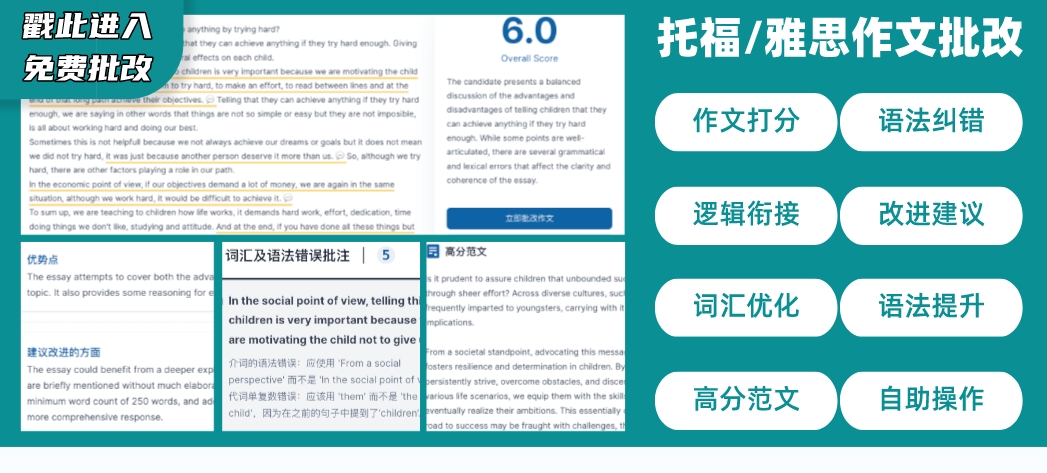With the continuous expansion of IB schools, more and more teachers want to obtain IB certification to enhance their teaching qualifications. IB teacher certification mainly includes two types: IB Educator Certificates and IB Leadership Certificates. This article will comprehensively introduce the types, training institutions, and application methods of IB certification to help teachers better understand IB certification.

IB Educator Certificates focus on teaching skills
IB Educator Certificates are mainly aimed at improving teachers' IB teaching skills and capabilities. There are two levels: IB Certificate in Teaching and Learning and IB Advanced Certificate in Teaching and Learning Research. The former focuses on the basics of IB teaching, while the latter involves conducting educational research. These two certificates cover popular IB programmes like PYP, MYP and DP. Obtaining them will enhance a teacher's IB teaching qualifications.
IB Leadership Certificates focus on leadership abilities
Apart from teaching skills, leadership capabilities are also important for IB teachers. IB Leadership Certificates aim to cultivate teachers' leadership skills. They also have two levels: IB Certificate in Leadership Practice and IB Advanced Certificate in Leadership Research. The former emphasizes practical leadership capabilities while the latter focuses more on leadership theories and research. These certificates will help IB teachers better lead and manage their schools.
Well-known universities provide IB certification programmes
Many renowned universities provide IB certification programmes, allowing teachers to obtain certificates by completing relevant courses. In China, East China Normal University, Hong Kong University of Education, University of Hong Kong and Taiwan Normal University offer IBEC training and certificates. Overseas options include University of Bath, University of Melbourne and University of London. Teachers can choose suitable programmes based on their needs. Both online and offline options are available.
Application process depends on specific programmes
The application process for IB certification depends on the specific programme. Teachers should first choose an appropriate university and programme based on their needs and qualifications. Then they can contact the university to learn about the application requirements and procedures. Key application materials often include CV, education background proof, reference letter, application form, etc. Some programmes may also require interviews. Obtaining IB certification will significantly enhance teachers' professional qualifications.
In summary, IB teacher certification includes Educator and Leadership Certificates targeting teaching and leadership skills. Well-known domestic and overseas universities provide relevant training programmes. Teachers can choose suitable options and apply based on their specific needs and qualifications.
